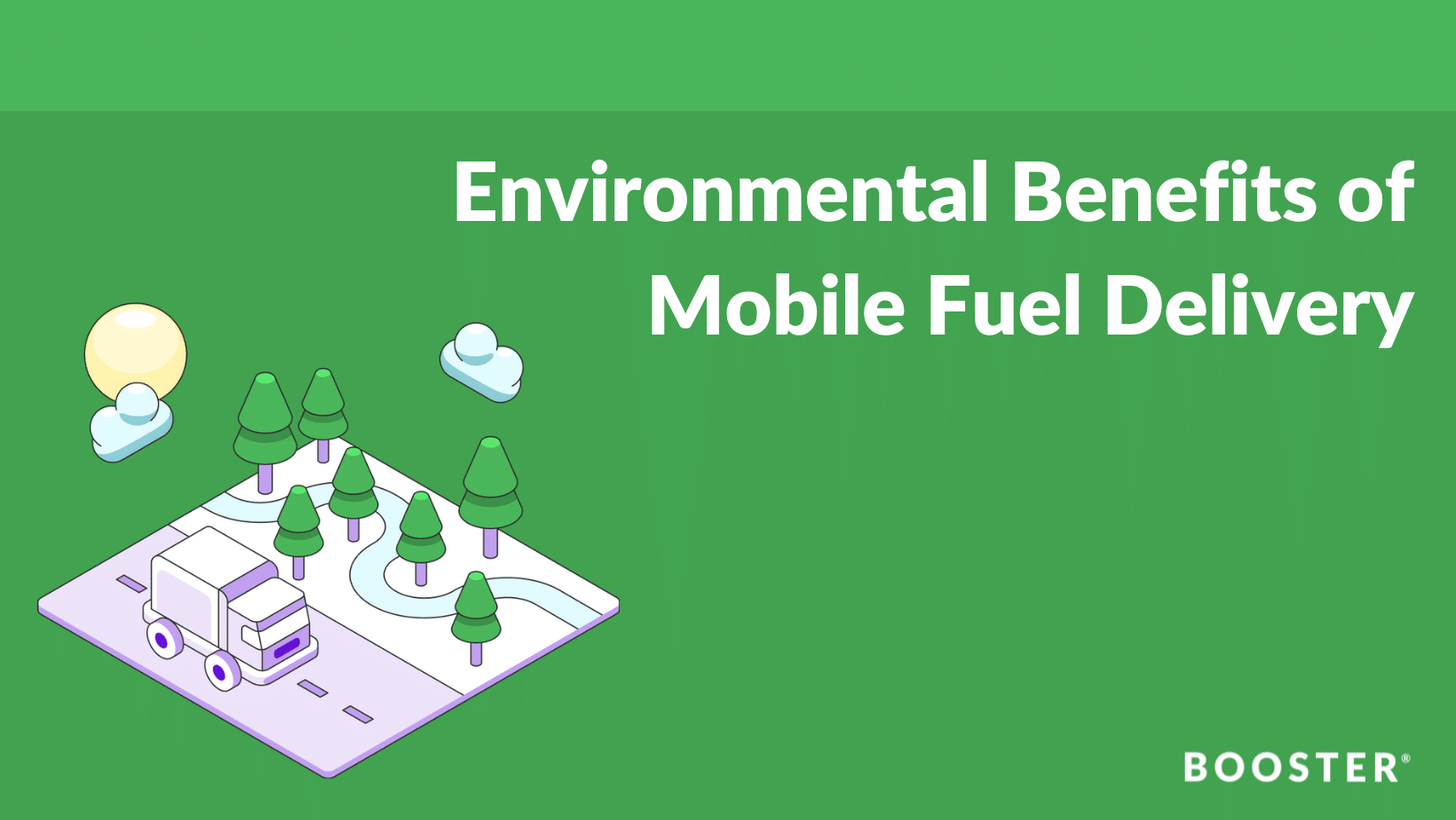
Introduction
It’s well known that the environment is harmed by conventional gasoline distribution systems due to carbon emissions, water pollution, and soil contamination. What’s not well known is that it is now feasible to meet gasoline demand in an ecologically responsible way thanks to recent advancements like mobile fuel delivery and renewable fuels.
This blog highlights the various advantages associated with the revolutionary concept of mobile fuel delivery, which encompasses a wide range of offerings including renewable diesel, renewable fuels, gas distribution, gasoline delivery, and gas stations.
We’ll examine how mobile gasoline distribution improves air quality, reduces carbon emissions, and benefits society and the economy over traditional gas stations. We’ll also explore how innovation, renewable fuels, and the future of gasoline delivery are related.
What is gasoline delivery on wheels?
With the help of a mobile gasoline delivery service, customers are able to get fuel delivered right to their preferred location, be it a building site, a fleet yard, or their own home. Removing the need to stop at a conventional gas station, boosts convenience and productivity.
How do renewable fuels work?
Biofuels made from organic elements including plants, crops, and garbage are referred to as renewable fuels. Because they may be constantly manufactured and supplied, they are regarded as renewable. Ethanol, biodiesel, renewable diesel, and renewable propane are a few examples of renewable fuels.
The Environmental Impacts of Traditional Gas Stations
1: Carbon emissions:
In a realm where conventional gas stations reign supreme, it is crucial to acknowledge the stark reality that these establishments contribute to the pervasive emission of significant volumes of carbon dioxide, a formidable greenhouse gas, into the delicate fabric of our environment.
The extraction, processing, and transportation of fossil fuels needed to manufacture gasoline and diesel fuel also have an influence on carbon emissions.
2: Contaminants in water:
It’s well known that gas stations have the potential to release harmful chemicals into the ground, poisoning nearby water sources.
Additionally, nearby ecosystems and communities may suffer because of spills and leaks caused by the handling and storage of gasoline and diesel fuel.
3: Use of land and soil pollution:
Traditional gas stations require large areas of land to operate. Additionally, soil contamination from petroleum product leaks from underground storage tanks poses a threat to both the environment and public health.
The Benefits of Renewable Diesel and Other Renewable Fuels
What is Renewable Diesel?
Renewable diesel is a clean-burning alternative fuel made from renewable sources such as vegetable oil, animal fat, or waste grease.
It provides similar engine performance to diesel fuel while greatly reducing emissions of particulate matter, nitrogen oxides, and greenhouse gases.
Mobile Fuel Delivery: A Sustainable Alternative to Traditional Gas Station Refueling
How Mobile Fuel Delivery Works
Mobile fuel delivery services bring renewable diesel and other renewable fuels directly to customers at their desired locations.
This eliminates the need for trips to traditional gas stations and reduces carbon emissions associated with transportation.
1: Cost Savings
Mobile gasoline delivery services can save clients money by eliminating the need for drivers to spend time and money traveling to and from gas stations.
2: Convenience and Time Savings
Customers have a quick and handy alternative for recharging their cars or equipment with mobile gasoline delivery.
The service may be planned to accommodate client demands and can lessen downtime brought on by recharging during working hours.
How Does Mobile Fuel Delivery Improve Air Quality?
1: Carbon Reduction Benefits:
A more environmentally friendly choice for refueling your fleet of cars is mobile gasoline delivery. Businesses may dramatically lower their carbon impact by using renewable fuels like renewable diesel.
Renewable diesel is a more environmentally friendly fuel than traditional diesel since it is produced from used vegetable or animal fats. By employing mobile gasoline delivery services, which remove the need for repeated journeys to gas stations, businesses may further cut their carbon footprints.
2: Air Quality Improvements:
In addition to lowering carbon emissions, mobile gasoline distribution also contributes to better air quality. Due to the emissions from the pumps and automobiles, conventional fuel distribution techniques like gas stations can worsen air pollution.
Embarking upon a groundbreaking voyage of innovation, mobile fuel delivery emerges as a resplendent beacon of hope, effectively avoiding the prevailing dangers associated with conventional fuel distribution systems.
3: Sustainability and Corporate Social Responsibility:
Switching to a mobile fuel delivery service highlights a business’s dedication to sustainability and corporate social responsibility. This is crucial as more consumers and investors are emphasizing the significance of these factors.
By lessening the amount of greenhouse gas emissions released into the atmosphere and promoting better air quality, companies can help create a cleaner and healthier environment, ultimately beneficial for all.
The Economic and Social Benefits of Mobile Fuel Delivery
- Mobile fuel delivery services also support local economies by creating jobs and supporting small businesses.
- Fuel delivery companies can provide employment to local drivers and support local suppliers of renewable fuels. This helps stimulate the local economy and ensures that businesses continue to thrive.
- Additionally, mobile gasoline delivery services save time and boost productivity. Companies no longer have to waste precious time and resources by sending staff to the gas station.
- The gasoline is delivered directly to the automobiles through mobile fuel distribution, reducing wait times and increasing output.
- Mobile fuel delivery services also reduce the risk and liability associated with traditional fuel delivery methods. Fuel spills and other accidents can lead to significant risk and liability for businesses.
Conclusion
The development of renewable fuels has undergone several advances, making the distribution of fuel in the future quite interesting.
Mobile fuel delivery services will continue to evolve and offer affordable and sustainable fuelling choices for businesses as more firms move to sustainable fueling options. Businesses may contribute to a cleaner and greener future for everyone by deciding on mobile gasoline delivery.
In conclusion, it appears to be a viable and sustainable course of action to supply our fuel needs by employing mobile gasoline delivery and renewable energy sources. This approach paves the way for a planet that is greener and cleaner than before by reducing carbon emissions while also enhancing local economies and air quality.
Frequently Asked Questions:
-
- What is renewable diesel?
Next-generation biofuel known as renewable diesel is created from renewable resources including sugars, vegetable oils, and animal fats. With less carbon emissions and better air quality than conventional diesel, it is a more environmentally friendly option.
-
- Is mobile fuel delivery more expensive than traditional gas station refueling?
No, mobile fuel delivery is often more cost effective than traditional gas station refueling. Mobile fuel delivery eliminates the need for expensive infrastructure and equipment, reduces transportation costs, and saves time and labor.
-
- How does mobile fuel delivery reduce carbon emissions?
Utilizing cutting-edge, renewable fuels like renewable diesel and other renewables helps mobile fuel distribution minimize carbon emissions. In comparison to conventional fossil fuels, these fuels generate fewer greenhouse gases, which lowers carbon emissions and enhances air quality.
-
- What advantages does mobile gasoline supply provide in terms of the economy and society?
Numerous economic and social advantages come with mobile gasoline distribution, including the creation of jobs, bolstering of local economies, raising productivity, and lowering of risk and responsibility. Mobile gasoline distribution may save businesses money while also having a smaller environmental effect because it eliminates the need for expensive infrastructure and equipment.







